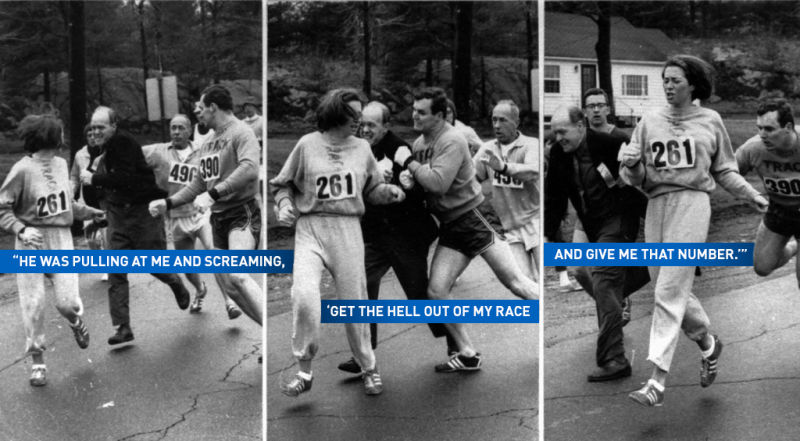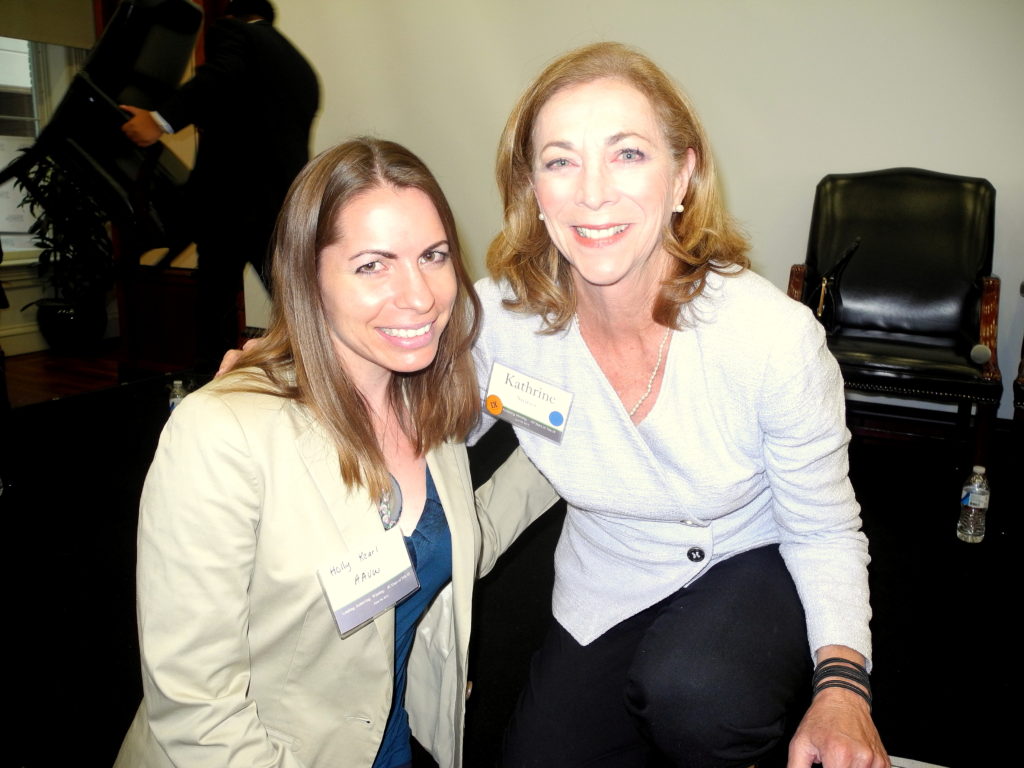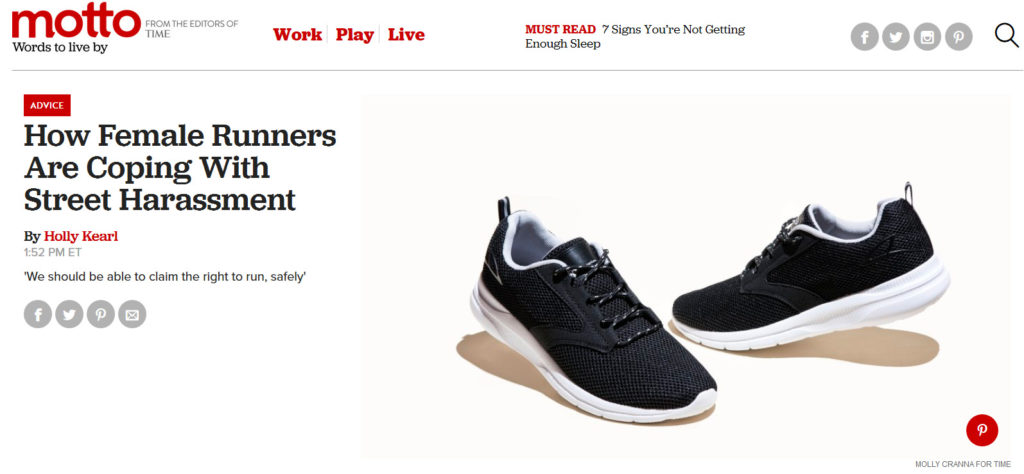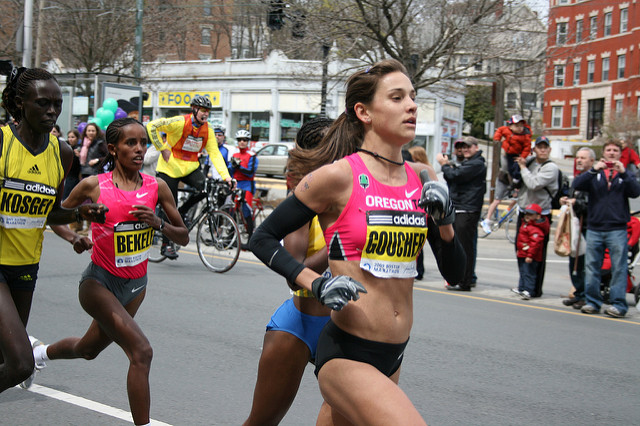Trigger Warning – Rape
I want to cry as I share this, even though none of my story can be considered shocking. It is all too common for people to experience what I have experienced. For so many it is even worse.
My mother was raped when she was 23 while out for a run. She didn’t tell me this until I was in high school. Later I found out the only reason she told us was because my older sister, having heard about it from a cousin, had spent a year thinking she was the child of the rapist (which she was not). I didn’t fully understand the implications of my mother’s story at the time. I felt confusion and anger, which only made me more confused. My mother not only survived the assault, she has thrived and is the strongest person I know. Though she continues to cope with PTSD, she has fully moved on with her life. But I haven’t. It’s been 10 years since she told me. Sometimes I feel like it happened yesterday. I can’t watch movies with rape scenes, I can’t even say the word “rape” out loud. Typing it is easier.
I feel an almost uncontrollable, black and red rage when I am faced with what the majority of women experience: street harassment. Especially when exercising. Fitness is my passion, and is what I consider to be my “safe, happy place”. Yet while running I have been cat-called, stared at, followed for eight blocks by a car filled with jeering men. I’ve read hundreds of stories of other women being blocked, threatened, followed, assaulted or even murdered while exercising. My friend was chased by a 13-year-old boy who hit her on the ass with a stick once he caught her. My other friend was groped while running with me, and after I chased the man (let’s say ‘boy’) he was shocked by the confrontation and said, “It’s okay because I’m gay!”
While traveling, I admit to being intimidated into working out indoors. I feel shame and anger when I do this, thinking I should be brave enough. I’ve been followed by a strange man down a street in broad daylight. I’ve had my ass pinched, slapped, or grabbed at least three times in recent memory. I’ve been called “hey, baby” by strangers in several languages depending on what country I’m in, told how good I look “in those shorts” and that I shouldn’t be offended because he was just “talking to me and giving me a compliment”. I’ve had my knee caressed by a stranger walking past me in a bar, right in front of my male date. Who did nothing. I did nothing – I felt like I missed my opportunity and was almost not even surprised. Even though I try to react in the moment, even though I try to block it all out and stay positive, my night is always ruined. It triggers memories and feelings that aren’t mine – I feel a terrible, terrible sadness, loss of control, and thoughts of my mother – and feelings that are mine. Indignant, angry, disgusted, confused, as if something must be wrong with me because this type of thing is normal, right? Just part of being a woman? Is it normal to feel like you can’t have one night to relax and loosen up because this lets both your emotional and physical guard down? I can’t remember the last time I felt safe to do this.
Well, I’m done. I’m done with seeing it as normal. I’m tired of “sucking it up” and staying silent. The President of the United States has harassed women and subsequently bragged about it. He was elected. I am tired of having this issue downplayed by both men and women — men out of ignorance or spite, women out of fear that they will be seen as “crazy feminists”, “too serious”, “unable to take a joke”, “rocking the boat”. That is almost the worst part — that women can occasionally feel resistance from other women about confronting this issue. I’m done with dressing down or up based on what I think will help me blend in and not attract attention. I’m tired of reading advice for female travelers that they can control the dial of harassment by what they wear. It just isn’t true.
I don’t know if anyone has had the exact same experiences. But I know I’m not alone in having the shitty feelings in the wake of harassment. Reactions and coping mechanisms take many forms and I’m only beginning to understand them. What I hate to see is women avoiding exercise altogether out of fear (I know I have), and I hope to help change this. My mother has competed in 4 marathons, including the Boston, since the assault, and runs 6 miles every day. I am so proud to know her. If she can keep running, I will too and hope other women will as well! I’m grateful to read about the activists taking a stand.
I’m also grateful to Runner’s World for publishing their recent article “Running While Female” and to Holly Kearl for her books and blog. I plan to start my own as I continue to live my privileged, love-filled life, and hope I can pay it forward and make a difference. I want to join the movement.
Optional: What’s one way you think we can make public places safer for everyone?
Make “No Harassment” signs as common as speed limit signs, no smoking signs, children at play signs. Educating young boys and girls, as well as men, about what being a man means and how to confront your friends when they harass women.
– AJD
Location: California, Scotland, Spain, Thailand – street, parking lot,
Need support? Call the toll-free National Street Harassment hotline: 855-897-5910
Share your street harassment story for the blog.
See the book 50 Stories about Stopping Street Harassers for ideas.





